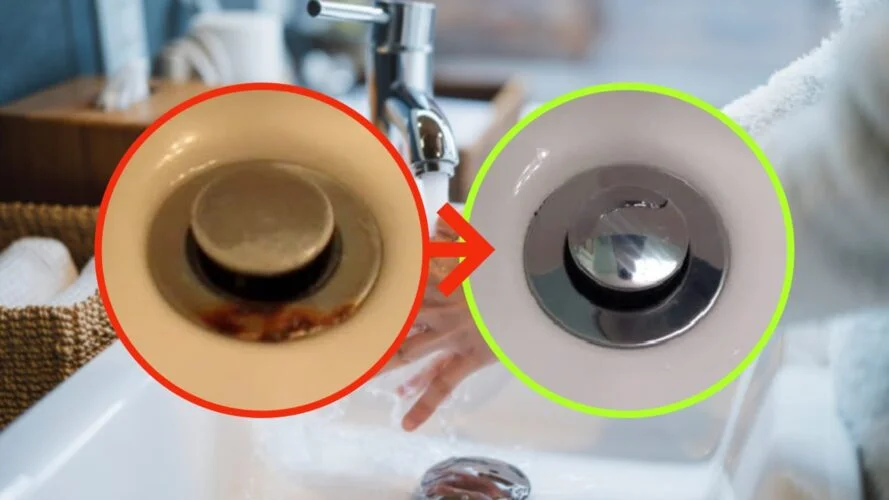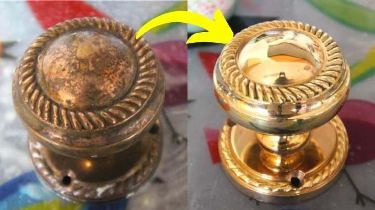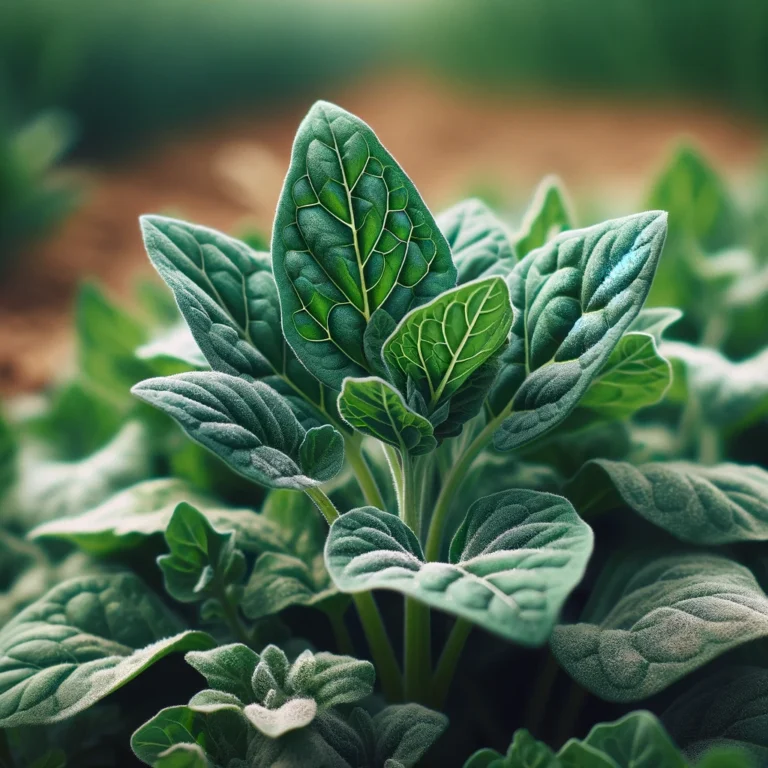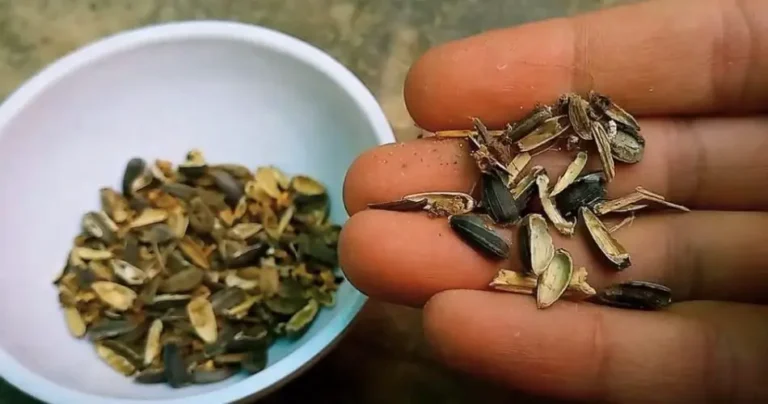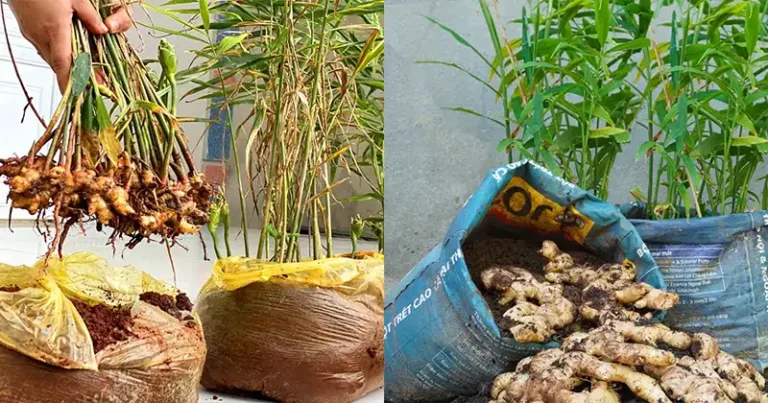Rusty sink, how to solve the problem: with this method it becomes new again
If your sink is rusty, here’s how to make it look like new again with this miraculous and truly economical solution.
We offer you an effective and low-cost method to make your sink look new again. You will no longer have to spend a mountain of money.
Rusty sink, here are the causes
The sink is one of the most important elements in the modern home. It is used every day to wash your hands, face, teeth and even dishes. But if your sink starts to rust, you may wonder why it happens. In this article, we will explore the possible causes of rust in sinks.
Rust is caused by the oxidation of iron present in metals. When oxygen comes into contact with iron, a chemical reaction occurs that produces rust. So, if your sink is made of metal, such as stainless steel or iron, it can rust if not cared for properly.
There are several reasons why a sink can rust. One of the most common factors is exposure to water . Water has the power to activate the chemical reaction that leads to rust, especially if it contains a large amount of chlorine or mineral salts. Additionally, if the sink is not dried after use, standing water can cause rust.
Another common cause of rust in sinks is cleaning with harsh chemicals . Some cleaners contain acids that can damage the sink’s protective coating and cause rust. Additionally, using scouring sponges or rough rags can scratch the surface of the sink, making it more vulnerable to rust.
Lack of maintenance can also cause rust in sinks. If not cleaned regularly, your sink can accumulate limescale or other mineral deposits that can damage the surface. Additionally, if there are cracks or dents in the sink, dirt and moisture can accumulate, creating an environment conducive to rust.
The quality of the metal used in the sink can affect rust formation. Some materials are more resistant to corrosion, while others are more vulnerable. For example, stainless steel is known for its resistance to rust, but if the sink was made of low-quality steel, it can rust more easily.
Rust in sinks is caused by the chemical reaction between oxygen and iron present in metals. Exposure to water, cleaning with harsh chemicals, lack of maintenance, and the quality of the metal used can affect rust formation.
To prevent rust in sinks, it is important to clean them regularly with mild detergents and dry them after use. Additionally, choosing a high-quality, corrosion-resistant sink can help prevent rust from forming.
How to permanently solve the problem
A rusty sink can give your bathroom or kitchen an unwelcoming look. Furthermore, rust can cause damage to the surface of the sink and reduce its lifespan.
If your sink is rusty, you don’t need to replace it immediately. Today, however, we will show you how to make a rusty sink look new again using some cleaning products and the right cleaning method.
To clean your rusty sink, you will need warm water, baking soda , white vinegar, salt, lemon, and a soft cloth. Mix baking soda and warm water to create a paste. The paste helps remove rust and stains from the sink.
Take some baking soda paste and apply it to the rusty parts of the sink. Leave the paste to sit for about 10-15 minutes to allow the baking soda to take effect.
Using a soft cloth , wipe the baking soda paste away from the sink and rinse with warm water. To remove stubborn rust, make a solution of white vinegar and salt. Mix equal amounts of white vinegar and salt until the salt dissolves completely into the vinegar. Dip a soft cloth in the acid solution and gently scrub the rusted sink.
Cut a lemon in half and rub the surface of the sink with the lemon half. Lemon has disinfectant properties and helps remove stains and rust from the sink. Rinse the sink with hot water and dry it with a soft cloth to prevent rust from forming again.
Making a rusty sink look like new again requires just a few materials and the right cleaning method. Baking soda and white vinegar can be used to remove rust and stains from the sink, while lemon helps disinfect and remove stains. With a little patience and attention, you can make your sink look like new again without having to replace it.
